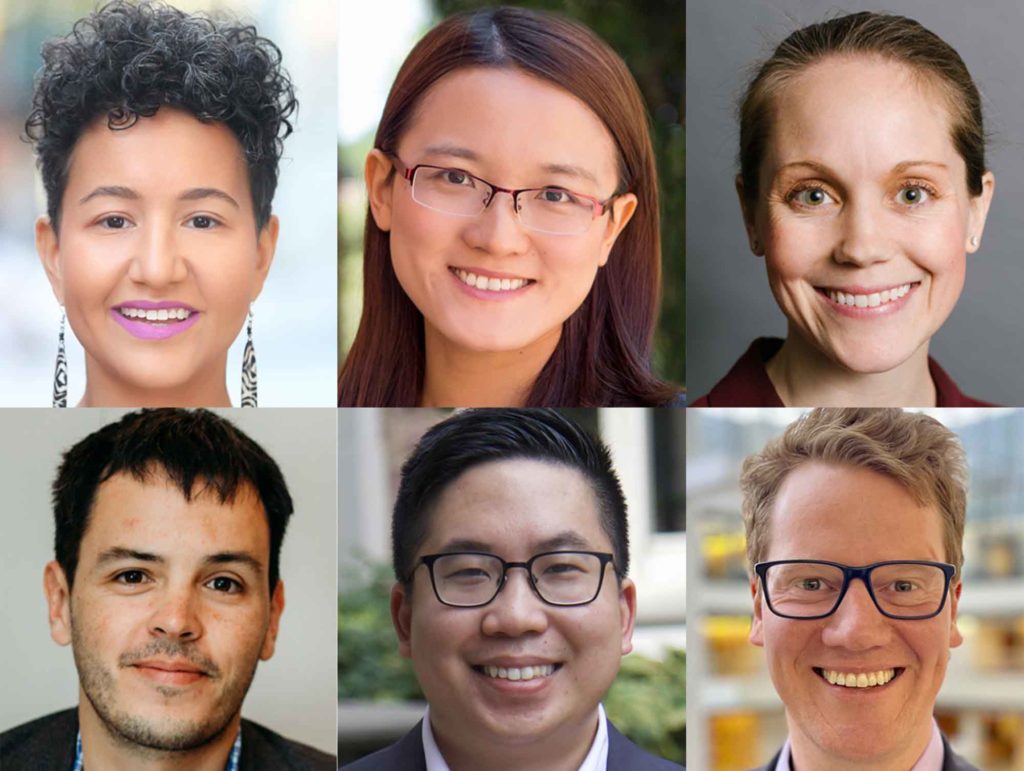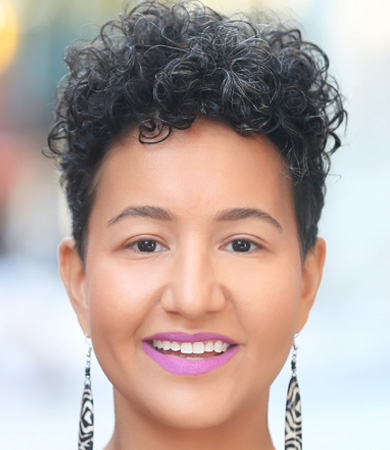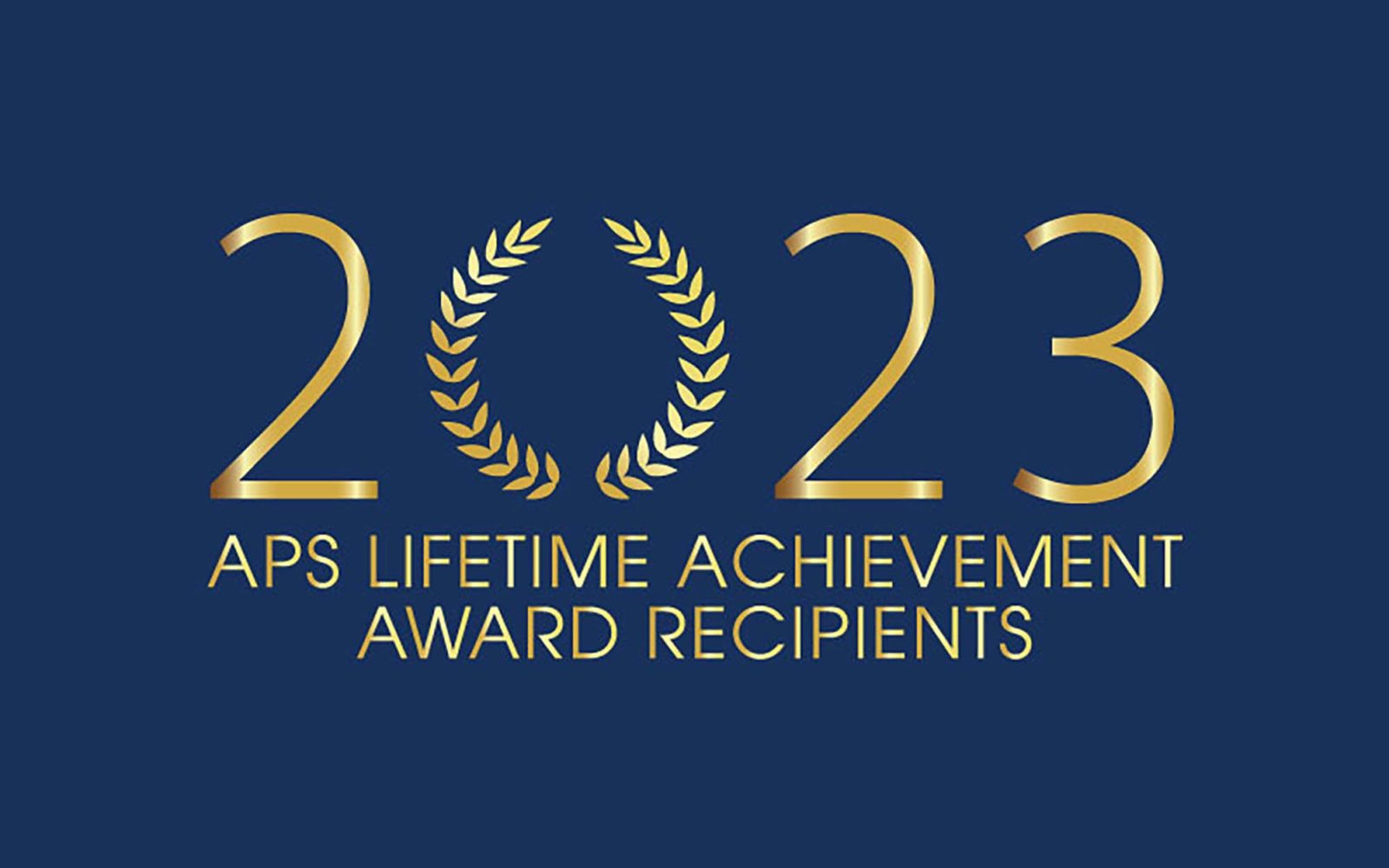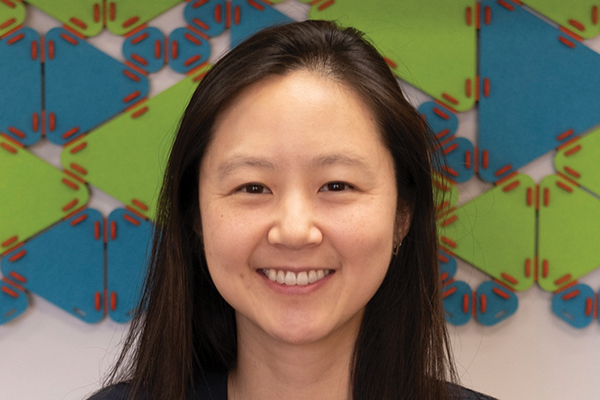Six Early-Career Researchers Honored With 2023 APS Janet Taylor Spence Award

2023 Spence Awardees, clockwise from top left: Riana Elyse Anderson, Hengchen Dai, Emily Fyfe, Ed O’Brien, Calvin Lai, Julian Jara-Ettinger.
Improving psychological well-being and family functioning in Black families. Identifying factors that shape motivation and self-control. Improving how children learn. Through these areas of research and others, the six awardees of the APS 2023 Janet Taylor Spence Award for Transformative Early Career Contributions are just getting started making significant contributions to psychological science for the benefit of science and society. First awarded in 2010 and named after APS’s first president, the Spence Award honors particularly creative and promising APS members who embody the future of the field.
“We are excited to announce the 2023 Janet Taylor Spence Award recipients,” said APS Chief Executive Officer Robert Gropp. “These outstanding scientists are advancing the frontiers of science and their contributions will be felt for years to come.”
Recipients of the 2023 Spence Award will be honored at the 2023 APS Annual Convention in Washington, D.C. Spence Awardees are also automatically conferred status as APS Fellows in the review cycle following their award.
Learn more about the APS Janet Taylor Spence Award for Transformative Early Career Contributions, including previous recipients, the selection committee, and the nominations process and criteria. Read about and listen to interviews with 2022 Spence awardees on APS’s Under the Cortex podcast, and stay tuned for podcast interviews with the 2023 recipients.

Riana Elyse Anderson
University of Michigan
PhD 2015, University of Virginia
Riana Elyse Anderson is a 2022–2023 fellow at the Center for Advanced Study in the Behavioral Sciences at Stanford University and an assistant professor in the Department of Health Behavior and Health Education at the University of Michigan’s School of Public Health. Her work uses mixed methods in clinical interventions to study racial discrimination and socialization in Black families to reduce racial stress and trauma and improve psychological well-being and family functioning. She is particularly interested in how these factors predict familial functioning and subsequent child psychosocial well-being and health-related behaviors among those enrolled in family-based interventions. She developed and leads the EMBRace (Engaging, Managing, and Bonding through Race) Program, which brings African American youth and their caregiver together for conversations about race, cultural pride, discrimination, and stress management.
Riana Elyse Anderson’s faculty profile

Hengchen Dai
UCLA Anderson School of Management
PhD 2015, The Wharton School, University of Pennsylvania
Hengchen Dai is an associate professor of Management and Organizations and Behavioral Decision Making at the UCLA Anderson School of Management. Her research has made key contributions to our understanding of what motivates behavior change and has identified important factors that shape motivation and self-control as well as responses to behavior change interventions. In her groundbreaking work on “the fresh start effect,” she demonstrated that moments that feel like new beginnings—by actually or psychologically separating people from the past—affect self-control and goal motivation. From the policy perspective, she seeks to understand the effects of managerial interventions beyond their immediate impact by uncovering potential unintended negative consequences, determining how they shape behavior in the long term, and investigating drivers of their scalability.
Hengchen Dai’s faculty profile

Emily Fyfe
Indiana University
PhD 2015, Vanderbilt University
Emily Fyfe is an associate professor in the Department of Psychological and Brain Sciences at Indiana University Bloomington. Her research is primarily in the area of cognitive development with an emphasis on how children think, learn, and solve problems in mathematics, both independently and with instructional guidance. She is also director of the Learning, Education, and Development Lab, which houses a team of researchers conducting experimental research in laboratory and classroom settings on the science of learning. Her work integrates and advances research in cognitive, developmental, and educational psychology and also addresses the real-world problem of how to effectively teach people abstract concepts. Emily’s work is currently funded by the James S. McDonnell Foundation.

Julian Jara-Ettinger
Yale University
PhD 2016, Massachusetts Institute of Technology
Julian Jara-Ettinger is an assistant professor of psychology at Yale University. He studies the fundamental representations and computations that underlie humans’ ability to navigate the social world, focusing primarily on early childhood. His research combines behavioral studies with computational models to develop and test cognitive theories of human social intelligence. He has proposed that a wide range of children’s social inferences, evaluations, and moral judgments can be explained by positing a “naïve utility calculus,” an analysis of why other agents do what they do based on an appraisal of their subjective rewards and costs. His team at the Computational Social Cognition Lab studies the computational basis of humans’ capacity to reason about each other’s minds, to share knowledge, to communicate, and to cooperate in order to achieve what no person can achieve alone.
Julian Jara-Ettinger’s faculty profile

Calvin Lai
Washington University in St. Louis
PhD 2015, University of Virginia
Calvin Lai is an assistant professor of psychological and brain sciences at Washington University in St. Louis. He studies subtle or hidden discrimination with a focus on implicit biases—automatic or unconscious mental processes that create a gap between what people value (e.g., racial equality) and what people do (e.g., racial discrimination). His team at the Diversity Science Lab studies how prejudices change, the consequences of racial bias for behavior, and interventions to reduce hidden discrimination. Lai is also involved in Project Implicit, which brings together scholars from around the world together to educate the public about bias and provide a “virtual laboratory” for collecting data online.

Ed O’Brien
The University of Chicago Booth School of Business
PhD 2014, University of Michigan
Ed O’Brien is an associate professor of behavioral science at The University of Chicago Booth School of Business. Named an APS Rising Star in 2016, he studies social cognition with a focus on temporal contexts, using the lens of time and change to understand issues related to self and social judgment (e.g., when and why do people fail to see progress vs. decline?) and repeated exposure and hedonic adaptation (e.g., when and why do some experiences grow old while others don’t?). His work has found that perceptions of change are both highly malleable and asymmetric for positive versus negative changes. That is, people readily see decline, yet are resistant to seeing positive changes. He has also found that people tend to dismiss improvement if it does not reach the threshold of categorical change.
Learn more about the APS Janet Taylor Spence Award for Transformative Early Career Contributions.
Feedback on this article? Email [email protected] or login to comment. Interested in writing for us? Read our contributor guidelines.
Other APS Award-Winning Psychological Scientists
-

2023 APS Lifetime Achievement Awards Honor 13 Psychological Scientists
The association’s highest honors recognize psychological scientists for a broad range of contributions to psychological research and the field.
-

2018 APS Janet Taylor Spence Awards for Transformative Early Career Contributions
APS honors six early-career scientists whose research areas include goal-pursuit cooperation, environmental effects on behavior, and more.
-

2020 APS Janet Taylor Spence Awards for Transformative Early Career Contributions
Eight recipients, including Hyowon Gweon (shown), were selected for their innovative psychological science impacting a wide range of areas.





APS regularly opens certain online articles for discussion on our website. Effective February 2021, you must be a logged-in APS member to post comments. By posting a comment, you agree to our Community Guidelines and the display of your profile information, including your name and affiliation. Any opinions, findings, conclusions, or recommendations present in article comments are those of the writers and do not necessarily reflect the views of APS or the article’s author. For more information, please see our Community Guidelines.
Please login with your APS account to comment.